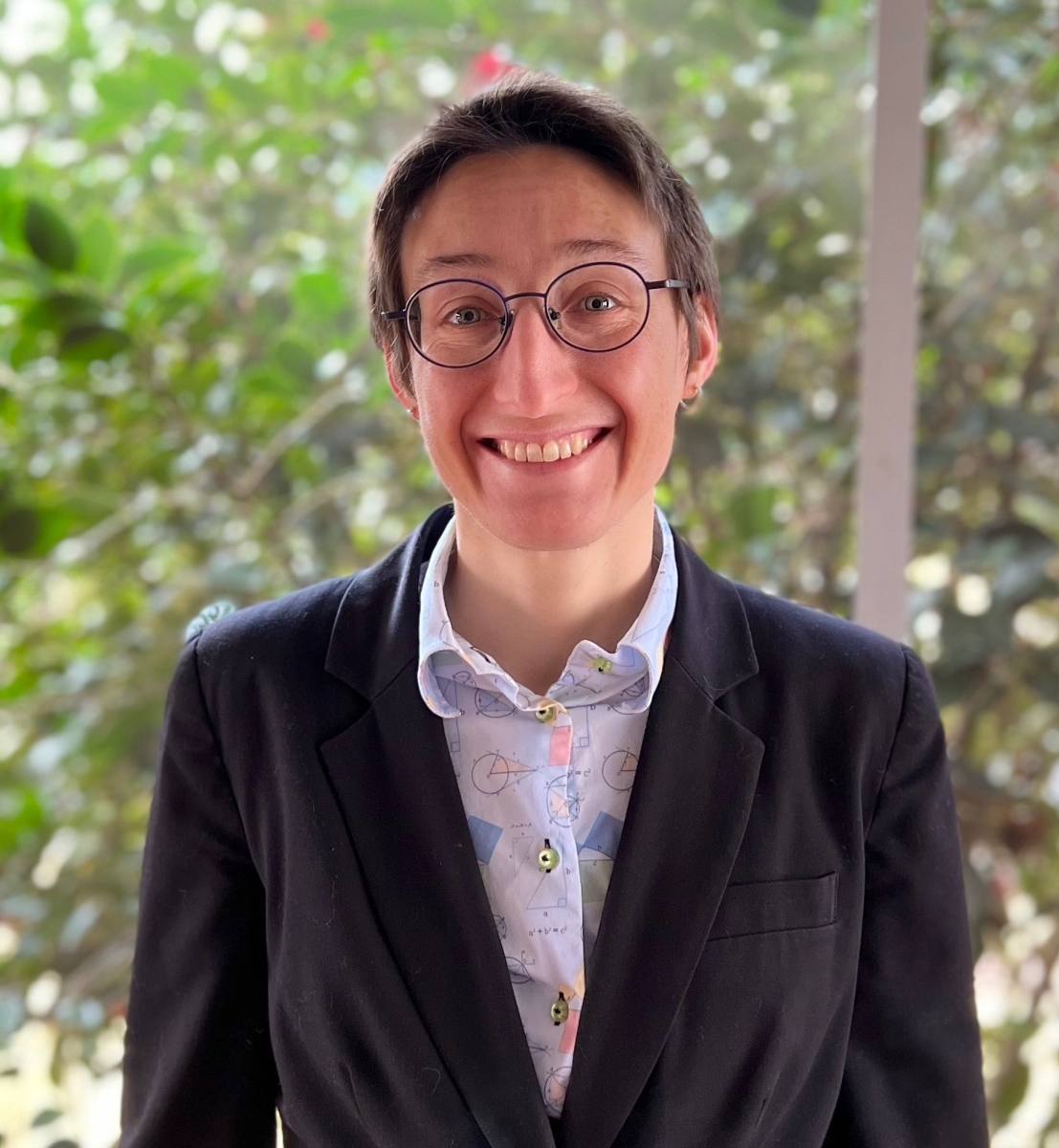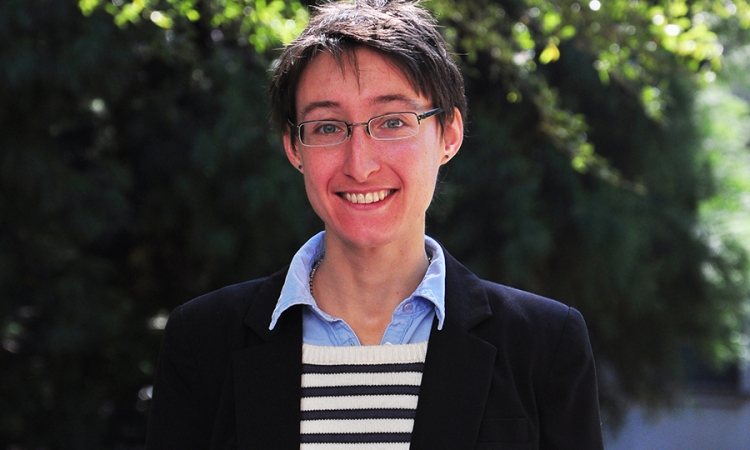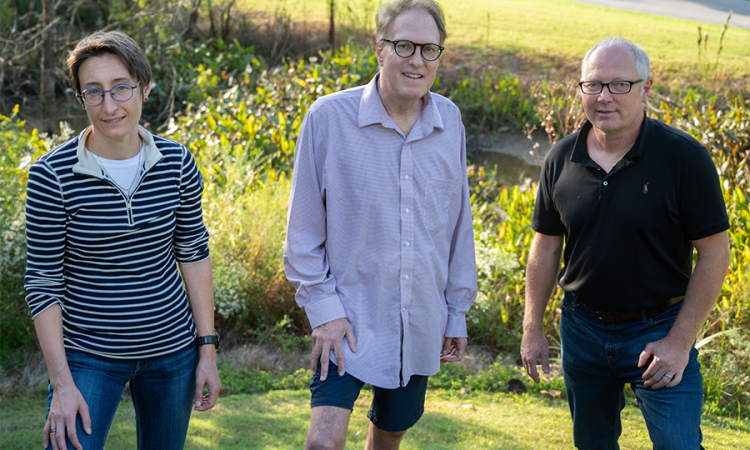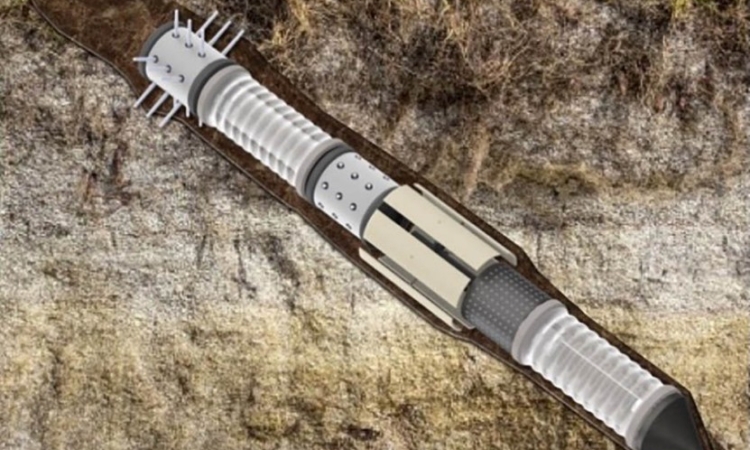I am a Professor in the School of Civil and Environmental Engineering (CEE) at the Georgia Institute of Technology (Georgia Tech). I earned a Master's in civil engineering (2006), a M.Sc. in geomechanics (2006) and a Ph.D. in geomechanics (2009) at Ecole des Ponts Paris Tech (France). I worked as an Assistant Professor at Texas A&M University between 2099 and 2012 before joining Georgia Tech, where I got tenured in 2016 and promoted to full professor in 2022. I teach mechanics-focused classes (mechanics of materials at the undergraduate level, computational mechanics, theoretical geomechanics and Finite Element Methods for poromechanics at the graduate level). With funding from the U.S. National Science Foundation (NSF), I set up a program that allows American students to do a research internship in a French laboratory over the summer. I have chaired the CEE committee on international initiatives, and I have co-founded and chaired the CEE committee on diversity and inclusion. Among several contributions, I have created a new course on Diversity, Equity and Inclusion in Civil and Environmental Engineering. I am also the CEE liaison to the Georgia Tech LGBTQ+ resource center and routinely speak at panels. I was elected to chair the poromechanics committee of the ASCE Engineering Mechanics Institute (EMI) from 2019 to 2021 and as such, I increased the participation of women in the committee, organized a mentoring program for junior members, contributed to an open access education platform created by other members and co-chaired the Biot-Bazant conference on engineering mechanics and physics of porous materials (in 2021). I will be co-chairing the 2023 EMI conference at Georgia Tech in June 2023. I am currently an associate editor for the ASCE Journal of Mechanical Engineering, the journal of Rock Mechanics and Rock Engineering, and Open Geomechanics.
My expertise is damage and healing rock mechanics, micro-macro modeling of porous media, and computational geomechanics. My group develops numerical tools to assess the performance and environmental impacts of underground storage and rock fracturing, explain the formation of soil by rock weathering, and design sustainable bio-inspired geotechnical systems. Lately, I started investigating the use of artificial intelligence to optimize subsurface exploration and enhance multi-scale geomechanical models. Some recent and current projects include: deep learning strategies to enhance the homogenization theory with application to reactive flow in deformable porous media; homogenization models of damage and self-healing in polycrystals; multiscale modeling of damage induced by weathering, topographic stresses and regional stresses; numerical simulation of the propagation of fractures and their damaged zones; particulate mechanics model of grain fragmentation in confined particulate media; numerical modeling of burrowing processes; tunneling and subsurface exploration based on artificial intelligence; mechanical interpretation of root/soil interactions; bio-inspired network dynamics (using slime molds and leaf venations as analogs); bio-inspired excavation strategies (using mole rats and ants as analogs). Most of my research support comes from the U.S. National Science Foundation. I have also received funding from the U.S. Department of Energy, the Georgia Department of Transportation, the American Association of Railroads, French IDEX programs, National Laboratories (Livermore, Oak Ridge and Idaho) and several companies (ConocoPhillips, Aramco, Haley & Aldrich). I received two PhD research prizes in 2010, the NSF CAREER award in 2016, the Georgia Tech CEE inter-disciplinary research award in 2017 and the NSF BRITE award in 2021. In 2019, I delivered the early career keynote address of the American Rock Mechanics Association.
In the News
Modeling Water-cleansing Wetlands in Extreme Weather
Pagination
- Current page 1
- Next page




